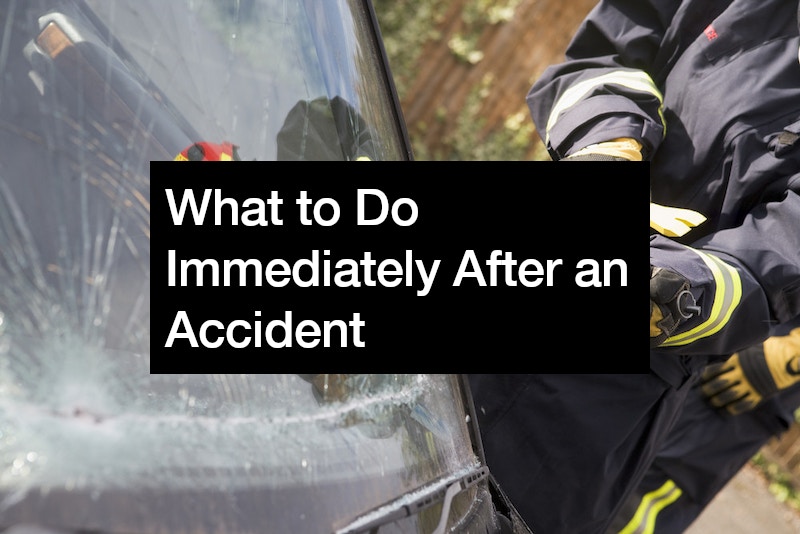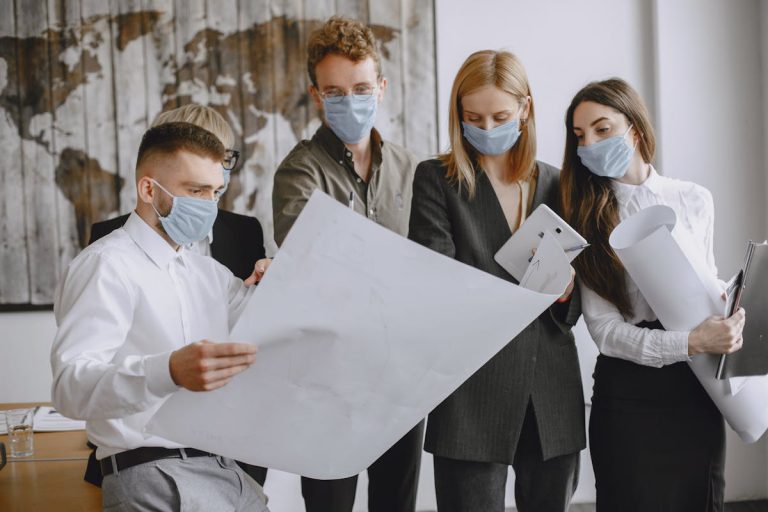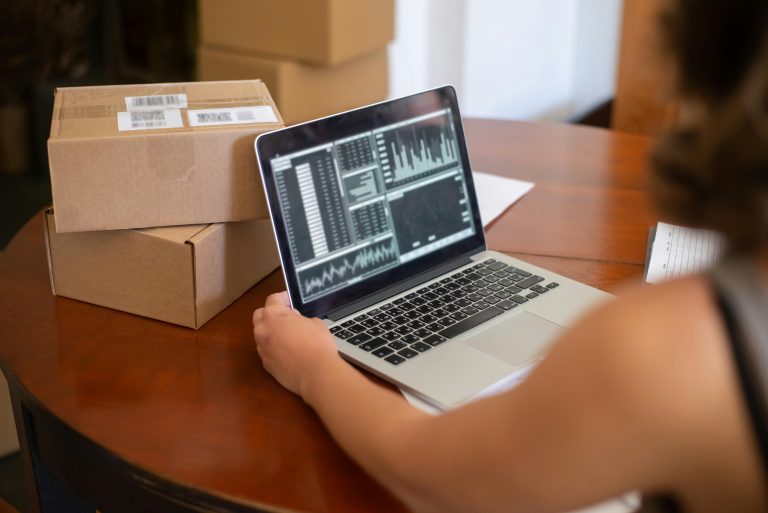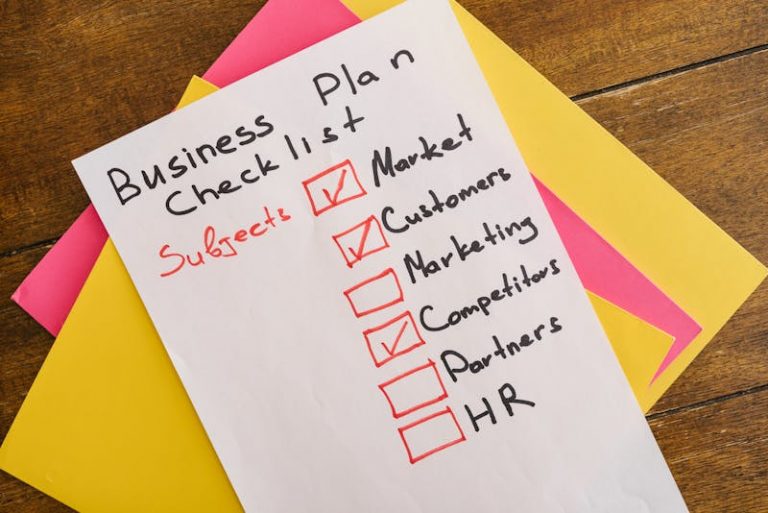

Accidents are unforeseen, and although we all dread them, we are always at risk whenever we are on the road. According to the World Health Organization, 20 – 30 million people suffer non-fatal injuries, often resulting in disability. In most cases, you may be too traumatized to think clearly, whether in a major injury accident or a minor fender. So, what’s your next course of action after an accident? Well, here is a personal injury law 101 to get you started.
Personal injury law deals with injuries resulting from other people’s actions or negligence. It helps you get compensation for your losses and the support you need to recover. Luckily, the internet has plenty of information on personal injury topics.
For starters, you should contact your lawyer after an accident. Otherwise, you risk making statements or errors that can jeopardize your case. Check out our personal injury newsletter for personal injury lawyer FAQ. The answers provide valuable insights into the legal process and what to expect when working with a personal injury lawyer. This article offers more insights on what to do immediately after an accident. Let’s get to it!
The motor vehicle accident law involves determining fault in traffic collisions. In case you’re in a car crash, don’t leave the scene without calling the police. If you can, of course. They’ll document the scene of the crash and prepare a crash report, without which the other driver may change their story about how the accident happened.
Sometimes, when you contact the other driver’s insurance company, their driver might already have reported the accident to them. This will save you time from having to go over some of the basic facts of the accident like the makes and models of cars involved and what happened. Whatever you say to the insurance company becomes a permanent part of your claim, whether in writing or on a recorded call. It’ll never get erased. Saying more than you need will result in a smaller payout. It’s always best to leave the talking to the one handling personal injury claims.
Don’t reach a final settlement before you know the outcome of your medical and wage loss status. If there’s a personal injury cause of action, don’t let the other driver off the hook. That’s what their insurance company would like you to do.
Can you lose a personal injury claim? Absolutely. That’s why it’s essential to document every step and collect as much evidence as possible about the accident. Also, you’ll need litigation support to get the compensation you deserve.







